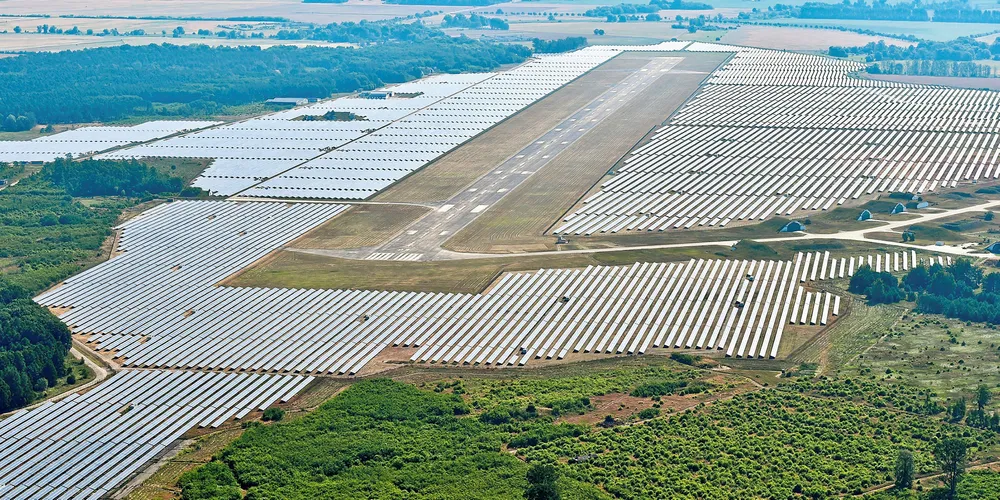German solar market booms again with 30% gain in 2019
Close to 4GW in new installations are added in the year amid falling panel prices and a heated-up climate debate

Close to 4GW in new installations are added in the year amid falling panel prices and a heated-up climate debate
